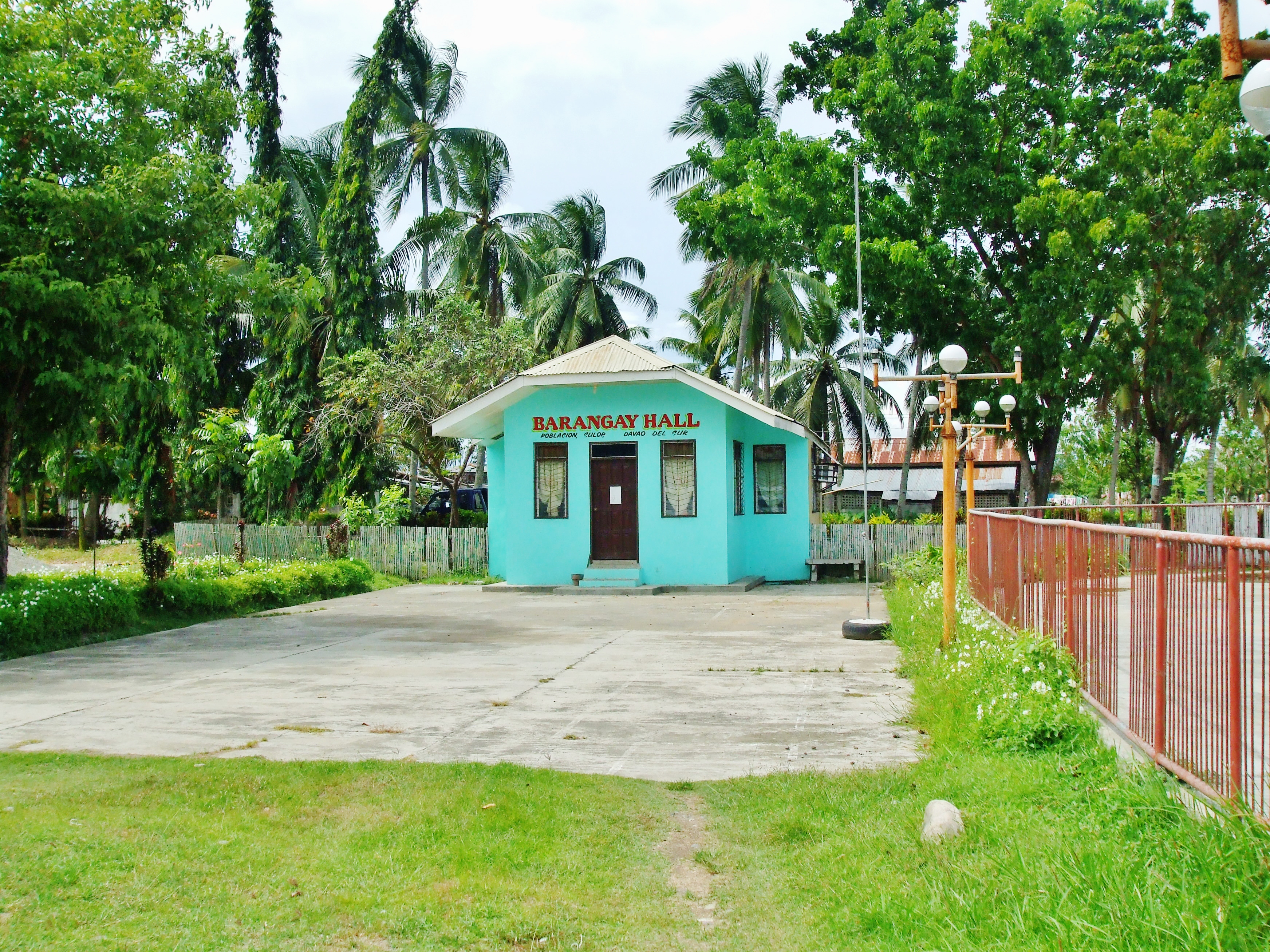Many foreigners, including a large number of Filipinos, believe all disputes in the Philippines are subjected to resolution at the Barangay office – in fact this is not true.
The Katarungang Pambarangay system in the Philippines seeks to promote speedy disposition in hearings to assist in minimizing the filing of cases in the court system. In essence, the entire system was set up to unclog the courts and so enhance the quality of justice handed out at the court level.
The original intent of the system was to recognize the time-honored tradition of amicably settling disputes among family and barangay members at the lowest level possible. This system falls under the Presidential Decree #1508 and it’s true that all matters must be settled before the barangay before filing of official papers in the court system, should an agreement not be reached.
The truth is not all matters must be taken in front of the baranguay system. Although rare, the following is a list of disputes that do not need to be taken before the Katarungang Pambarangay system:
1. Where one party is the government or any sub-division or instrumentality thereof
2. Where one party is a public officer or employer, and the dispute relates to the performance of his official function
3. Offenses punishable by imprisonment exceeding one year or a fine exceeding P5,000
4. Where there is no private offended party
5. Where the dispute involves real property located in different cities or municipalities unless the parties thereto agree to submit their differences to amicable settlement by an appropriate lupon panel
6. Disputes involving parties who actually reside in barangay of different cities, except where such barangay units adjoin each other and the parties agree to submit their differences to amicable settlement and by an appropriate lupon panel
7.Such other classes or disputes which the President may determine in the interest of justice or upon the recommendation of the Secretary of Justice (Sec. 408 – Book 3 – Title 1 – Chapter 7 -Republic Act or RA 7160)
To add to this list of seven various condition, people who are in jail or under a form of detention may also go directly to court without the usual dispute resolution at the barangay. Another addition are those deprived of personal liberties and in need of ‘habeas corpus’ proceedings – the action to be filed is coupled with provisional remedies such as attachment, injunction, delivery of personal property and support pendente lite, and where the action may be barred by the statute of limitations (Article 412b – Book III – Title I – Chapter 1 – RA 7160).
On a side not to this article, those who fail to reach an agreement through the barangay council may request a ‘Certificate to File Action’ – giving you the power to file an appropriate complaint before the court or the office of the prosecutor. This certificate is in fact proof that the matter was brought before the barangay before filing your complaint before the courts.


Comments are closed.